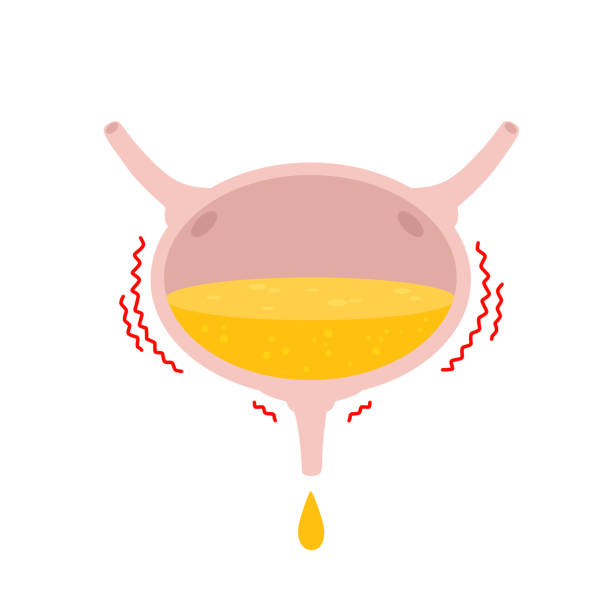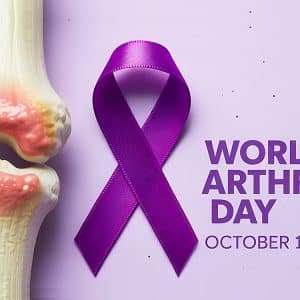Neurogenic bladder is a health condition characterized by a disorder of bladder function and its effect on urinary control, which can lead to many uncomfortable symptoms.
In a normal state, the muscles of the bladder control urine storage and expulsion through nerve signals sent by the nerves. However, disturbances can occur in the nervous system responsible for bladder control, leading to a neurogenic bladder.
The symptoms of a neurogenic bladder include:
• Increased urination that may be sudden and uncontrollable.
• An urgent need to urinate.
• Inability to delay urination when feeling the urge.
• Urine leakage and insufficient control over bladder retention.
The causes of a neurogenic bladder vary and may include:
– Neurological diseases: such as multiple sclerosis, strokes, and neurological tumors.
– Nerve damage: such as nerve injury resulting from surgery or trauma.
– Organic diseases: such as cystitis, renal failure, or urinary tract obstruction.
Diagnosing and treating a neurogenic bladder requires evaluation by a specialist in bladder disorders. Treatment may involve lifestyle and dietary changes, techniques for learning bladder control, medications, and physical therapy. In more advanced cases, surgical intervention may be necessary to address the neurogenic bladder.
Some natural methods may help manage and alleviate the symptoms of a neurogenic bladder, provided these methods are part of a comprehensive treatment plan. Consultation with a specialist is recommended before implementing any changes. These methods include:
– Bladder training and learning control: by establishing a schedule for regular urination.
– Pelvic floor exercises: which enhance the strength and flexibility of the muscles and aid in improving urinary control. These exercises typically involve regularly contracting and relaxing the pelvic muscles.
– Lifestyle changes: such as avoiding beverages and foods that may irritate the bladder, like caffeine, alcohol, spicy foods, and acidic foods. Increasing water intake regularly may also help alleviate symptoms of a neurogenic bladder, with regular follow-ups with a urologist.
Urologist
Dr. Zahraa Daher










